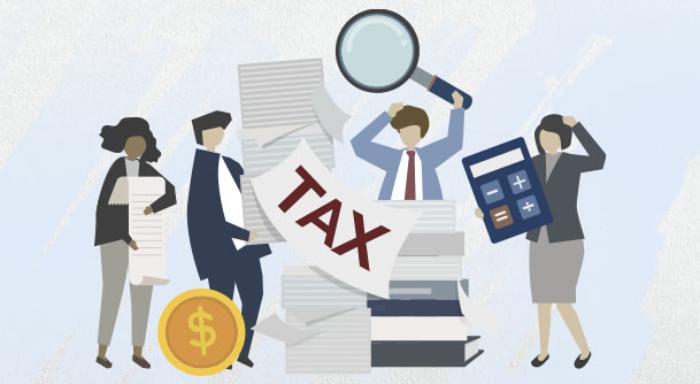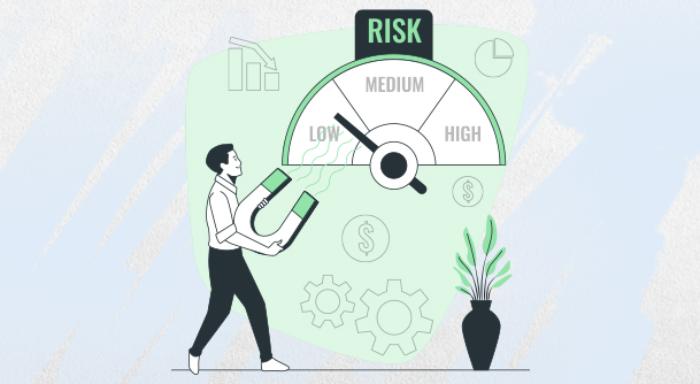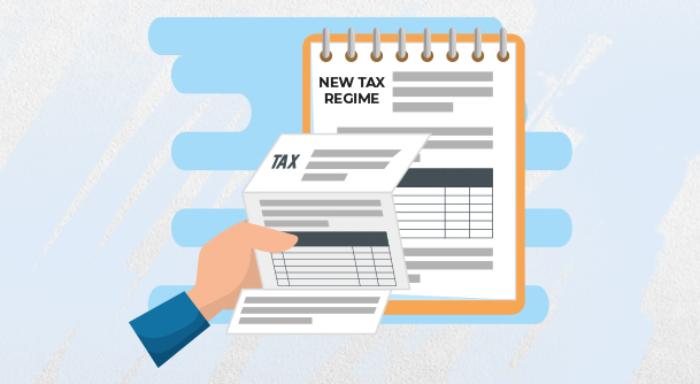Professional Tax: What is It and Why is It Deducted from Your Salary?
Blog Title
98333 |
3/18/25 4:30 AM |
Have you ever gone through your salary slip and noticed that some of your income is being deducted under the tag of ‘professional tax’? Contrary to popular belief, professional tax is not just paid by self-employed professionals. Even salaried individuals who get regular income are liable to pay professional tax. This tax is usually directly deducted from your monthly salary via TDS. Moreover, professional tax is not imposed by the Central Government. This is one of the few types of taxes that is collected by the Local State Government. In fact, professional tax rates can even differ from state to state!
What is Professional Tax?
Unlike income tax, professional tax is usually a set amount that is deducted only if a person earns more than a specific monthly income. For example, in the state of Tamil Nadu, any person earning between ₹21,001 to ₹30,000 is eligible to pay a monthly professional tax of ₹135. Each state has their own professional tax slabs. Moreover, a state may choose to change their professional tax slabs as per Article 276 of the Constitution of India.
While professional tax rates vary from state to state, Article 276 of the Constitution of India clearly stipulates that a State Government cannot impose a professional tax that is higher than ₹2,500 per month.
Who Collects Professional Tax?
In states where professional tax is applicable, the Commercial Tax Department of the state is responsible for collecting the amount. Your employer will deduct the professional tax amount from your salary and then submit it to the Commercial Tax Department. It is then the tax department’s duty to forward the collected amount to the state government.
Who Need to Pay Professional Tax?
Both salaried and self-employed people need to pay professional tax. While salaried individuals pay professional tax via TDS, self-employed workers will need to submit the tax themselves.
People who need to pay professional tax include:
Any salaried person. Generally, salaried individuals need not pay professional tax directly. Their employer will directly deduct the professional tax amount from their monthly salary.
Any self-employed professional who earns more than the stipulated income limited (as per State’s professional tax slab).
Any company/business/private firm.
Income earned by Hindu Undivided Families is also eligible for professional tax.
If you are self-employed, you can pay your professional tax to the Commercial Tax Department by following the steps given below:
Go to the official state government website that deals with professional tax registration. This website will differ from state to state. Just look for “[state name] professional tax registration” on a search engine, where [state name] will be the name of the state you currently work in.
Fill the application form relevant to professional tax registration.
You will also need to share your PAN Card (or company PAN in case of private firms), your address proof, and bank account details.
Is Professional Tax Different for Different People and Why?
Professional tax differs from state to state, so someone living in Maharashtra will end up paying taxes on a different slab when compared to someone living in Tamil Nadu. Moreover, some states may also offer different professional tax slabs for minorities or women. For example, Maharashtra has a different professional tax slab for men and women. Additionally, some people are exempt from paying professional tax based on tax benefits offers under the Income Tax Act.
What is the Current Professional Tax Rate?
As stated before, the professional tax rate will differ from state to state. Here are the current professional tax slabs from some of the bigger states in India. Additionally, the link to each official rate table has been linked below.
Monthly Income |
Professional Tax Per Month |
Up to ₹21,000 |
No Tax |
₹21,001 to ₹30,000 |
₹100 |
₹30,001 to ₹45,000 |
₹235 |
₹45,001 to ₹60,000 |
₹510 |
₹60,001 to ₹75,000 |
₹760 |
Greater than ₹75,001 |
₹1095 |
Monthly Income |
Professional Tax Per Month |
Up to ₹7,500 (Men) |
No Tax |
Up to ₹25,000 (Women) |
No Tax |
₹7,501 to ₹10,000 (Men) |
₹175 |
Greater than ₹10,000 (Men) |
₹200 (₹300 for February) |
Greater than ₹25,000 (Women) |
₹200 (₹300 for February) |
Monthly Income |
Professional Tax Per Month |
Up to ₹25,000 |
No Tax |
Greater than ₹25,000 |
₹200 |
How are Professional Tax Rates Calculated?
Unlike income tax, professional tax usually does not have a ‘rate’. Instead, you have to pay a set amount of tax based on your gross monthly income. Your gross income includes your salary and any income you get from investment plans. Based on your gross income, you can find out your professional tax liability by checking the tax slabs shared by your state government. For example, if you live in Maharashtra and earn more than ₹25,000 p.m. (including income from investments), your professional tax liability will be ₹200 (or ₹300 for February).
Is Professional Tax Deductible?
The simple answer is yes, professional tax can be deducted under provisions of Section 16 of the Income Tax Act. However, it is important to note that this deduction can only be availed of in the Old Tax Regime. The New Tax Regime does not offer any deductions for professional tax.
Are There Any Exemptions for Professional Tax?
Yes, there are various exemptions for professional tax. Those who fall into these exemption categories need not pay professional tax, irrespective of their income level.
Exemptions include:
Armed Forces member
Any person who suffers from a disability
Parents of any person who suffers from disabilities
Foreign employees of an Indian firm
Any person above 65 years of age
Any temporary workers (Badli workers) who are employed by factories
Schools that teach up to class 12th
Charitable hospitals
What Happens if You Fail to Pay Professional Tax?
Once again, the penalty for delayed payments will completely depend on the State law. Most states just levy additional interest on the unpaid tax amount. You may also have to pay additional fines for delayed payments. Please check your local State laws to understand the exact penalty for unpaid professional tax.
Conclusion
For salaried individuals, professional tax is directly deducted at source. So, if you work a regular job, you need not worry about paying professional taxes by yourself. However, it is still important to know where your money is being deducted. Moreover, you can also claim deductions on professional tax, allowing you to save even more money in the long run.
FAQs
How often should professional tax be paid?
professional tax needs to be paid every month. Your tax liability will depend on your gross monthly income and your state’s professional tax slab.
Is professional tax deductible from salary?
Yes, professional tax is deducted from your salary every month. Your employer will automatically cut the taxable amount before crediting your salary to your account.
Can professional tax be deducted during ITR filing?
Yes, you can claim deductions on professional tax. However, professional tax can be claimed only under specific circumstances. Some people, such as armed forces members and senior citizens, are also exempt from paying professional tax.
What happens if professional tax is not paid?
Each state has a penalty for late payment of professional tax. You will end up having to pay additional taxes if you delay your professional tax payments for an extended period of time. The penalty rate for professional tax late payment differs from state to state, so please check your state’s specific rules regarding this subject.
Are professional tax and TDS the same?
No, professional tax and TDS are not the same thing. TDS simply stands for ‘Tax Deducted at Source’. TDS is the process of deducting your tax liabilities directly from your salary, even before it has been credited to your account. On the other hand, professional tax is a unique tax that has to be paid by every earning citizen in India. Professional tax is imposed by the state you live in, so the amount that you will need to pay will depend on your current work location. Professional tax is often deducted from your salary via TDS, but it is just a small part of your overall deductible tax liability.
Aastha Mestry - Portfolio Manager
An Author and a Full-Time Portfolio Manager, Aastha has 6 years of experience working in the Insurance Industry with businesses globally. With a profound interest in traveling, Aastha also loves to blog in her free time.










